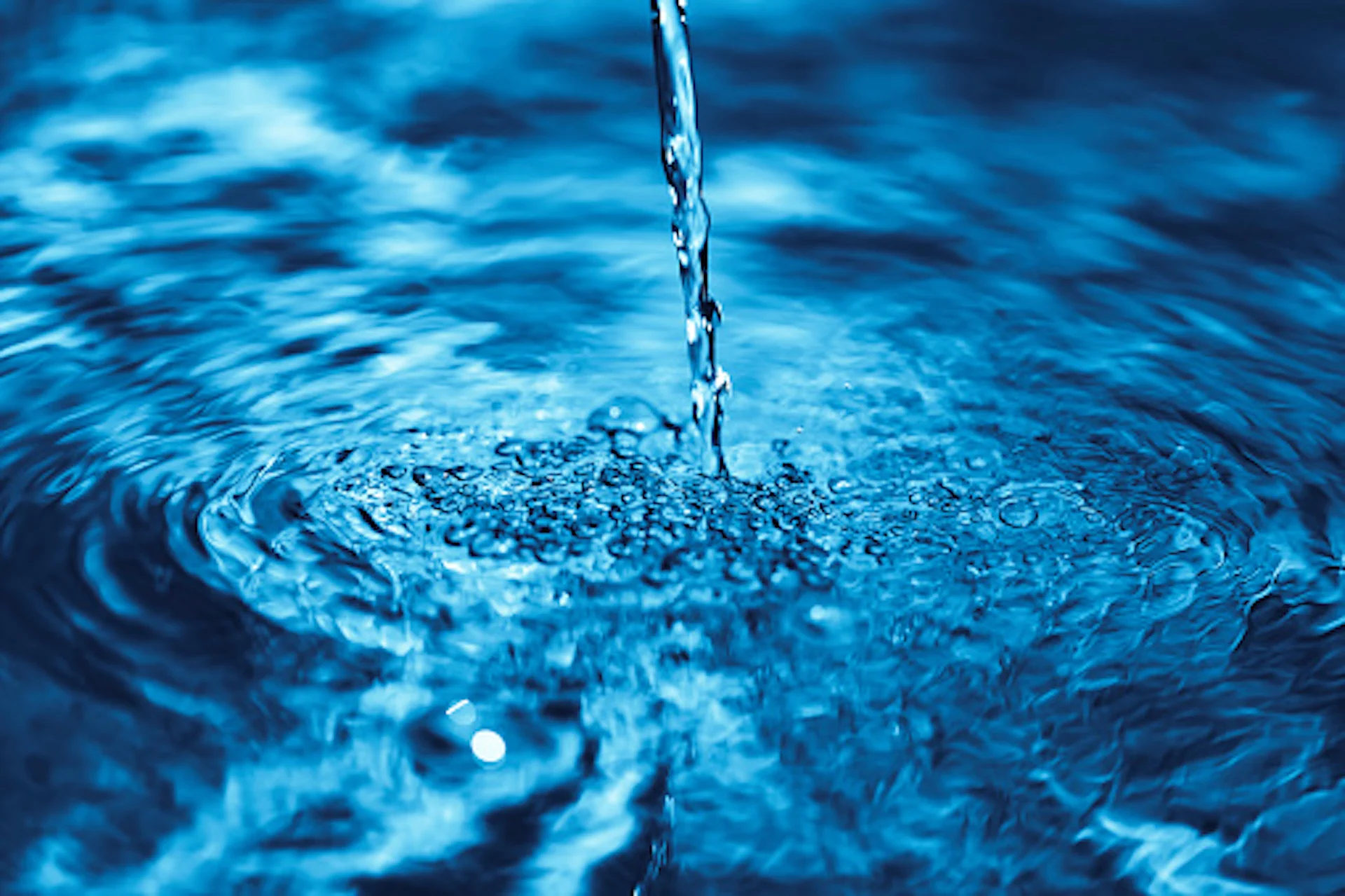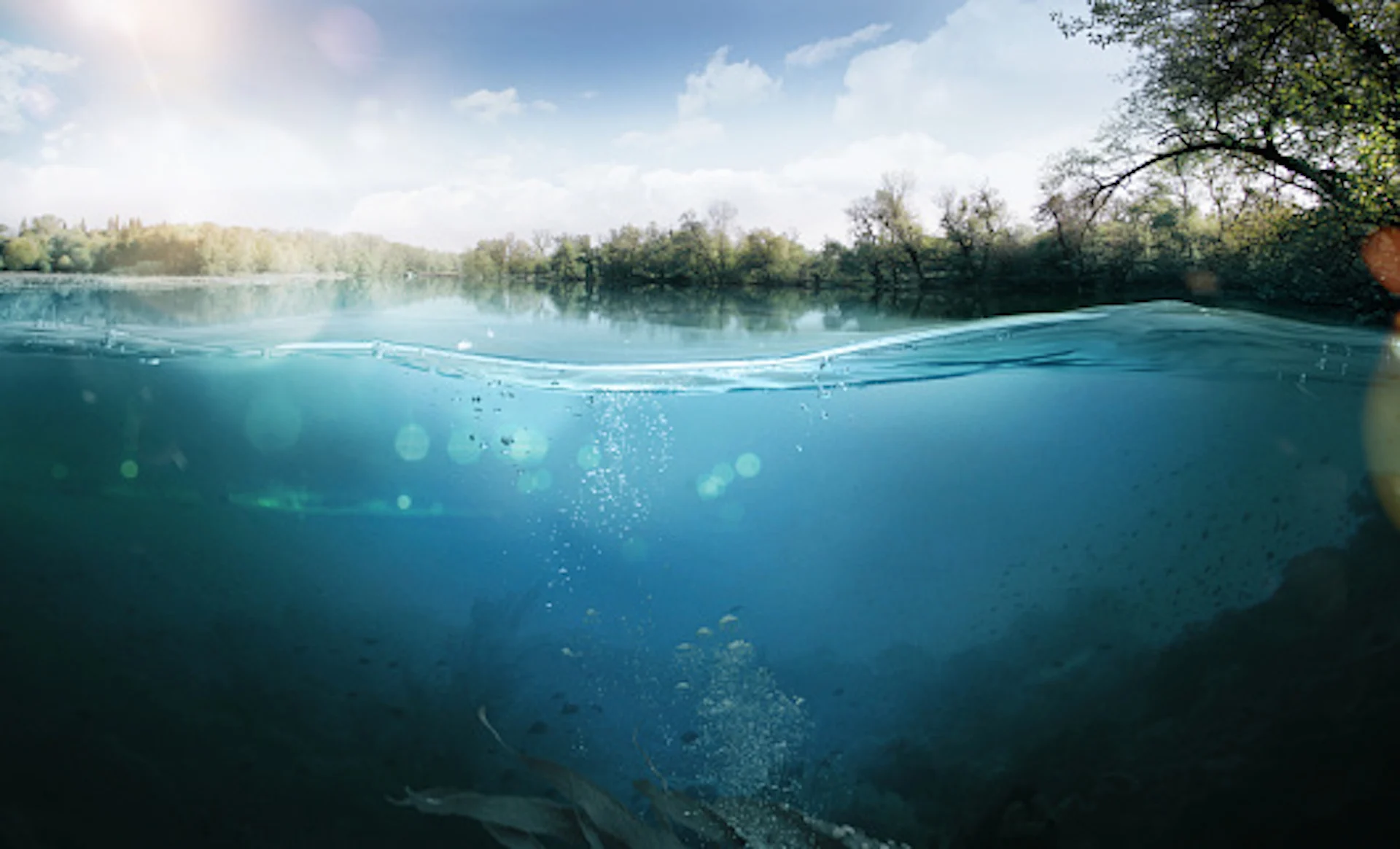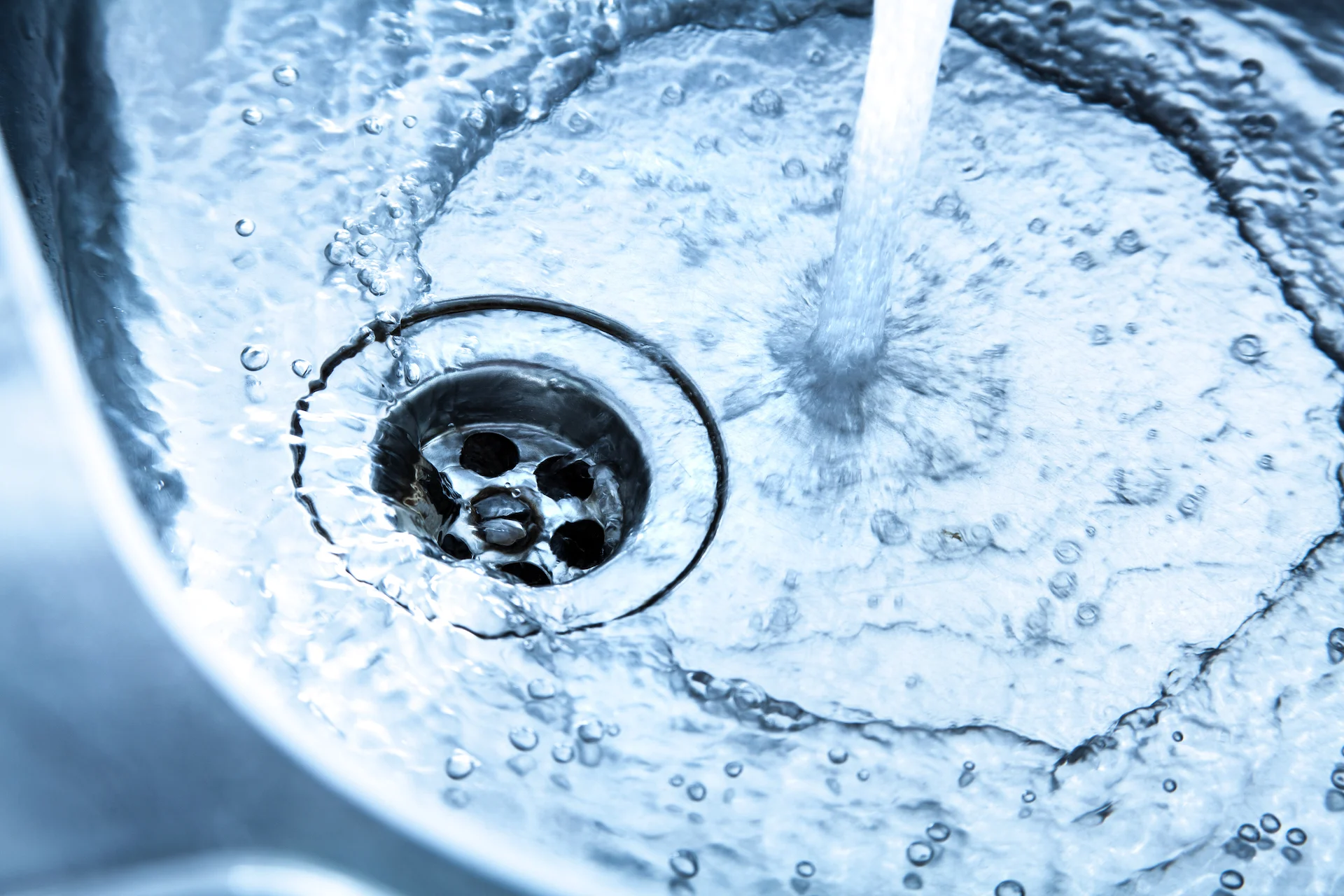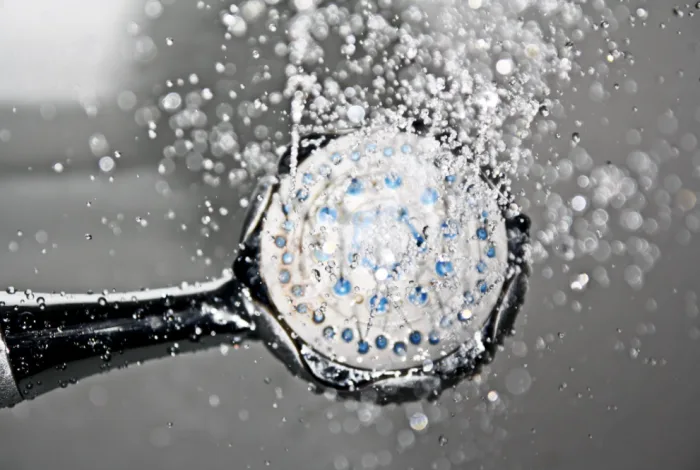
A looming crisis: Are we facing a water emergency?
Fresh water is essential to life on this planet, but scarcity is a rising concern as data from the United Nations indicates the demand for it will surpass the supply by as much as 40 per cent by 2030
With a changing climate shifting precipitation patterns and leading to more extreme drought events, the world's freshwater supply could be in trouble by the end of this decade.
In 2023, the United Nations (UN) said the global demand for fresh water will exceed supply by 40 per cent by 2030.
SEE ALSO: Droughts can be tough reminders of importance of water conservation
To mark its importance, World Water Day is held every March 22 to celebrate water and raise awareness of the approximately 2.2 billion people living without access to a safe supply. The goal is to inspire action to tackle the global water crisis.

(Getty Images/Mel-Nik/469266958-170667a)
Simple measures can be effective at saving water
John Richardson, a University of British Columbia (UBC) freshwater scientist and professor in the faculty of forestry, told The Weather Network in a 2023 interview that simple ideas such as cutting down on shower time can reap tremendous benefits.
Water-saving measures such as reducing shower time to two minutes could amount to conserving nearly 10 professional-sized swimming pools, approximately, Richardson noted.

(Getty Images -1412651276)
"When you start emptying lakes for the sake of protecting human water supply, then obviously you're having environmental damage. That's kind of where we get to the next level," said Richardson.
While governments have guidelines in place, Richardson said individuals can do "a lot more" to conserve water at home.
One of the simplest options is to take shorter showers.
It's not uncommon for people to spend four minutes or longer in the shower, but if they can cut it to two, which is enough time to get properly cleaned, almost 20 litres of water would be saved, he added.

(Getty Images/168583229)
Other water-saving measures people can do are to ensure they don't have leaky pipes and taps as these can "drip, drip, drip to a fairly large volume over time."
"Those kinds of things can also be really influential in the overall water budget when we start looking at human consumption," said Richardson. "Anything where people keep running water where it's not necessary will be essentially wasted. It just goes back down the tap or down the drain."
WATCH: Climate change is causing a rise in global water scarcity
Conservation tips at home, including kitchen and garden
Compare The Market has a list of 23 tips for easy and effective ways to cut down on water consumption.
Around the home:
Make sure all pipes and fixtures are in good condition, with no leaks or drips.
Use cold water whenever possible.
Consider how you could reuse water. It can be reused in two ways: Rainwater harvesting and Grey water (slightly used water from bathroom sinks, showers, bathtubs and washing machines).
Make thoughtful purposes.

(Getty Images)
In the kitchen:
Install an aerator on your kitchen tap to reduce water flow.
Use a dishwasher instead of hand-washing dishes.
Only run your dishwasher or washing machine when it’s full.
Change your washing machine settings to the shortest cycle length, and lowest temperature setting.
Reuse cooking water from boiled foods.
Keep a jug of cold water in the fridge for drinking.
Think about how you use the kettle.
Steam your vegetables.
Eat less meat.

(Pixabay and Pexels)
In the bathroom:
Replace old shower heads with low-flow varieties.
Take shorter showers.
Don't leave the tap running when brushing your teeth.
Install a dual-flush toilet.
In the garden:
Collect rainwater to use for watering plants.
Reduce your lawn area.
Plant drought-resistant plants.
Mulch your garden.
Use a broom or other cleaning methods.
Consider drip irrigation.
WATCH: What is vertical farming? See how it drastically reduces water usage
Thumbnail courtesy of Getty Images/Dimitris66/1154922467-170667a.

